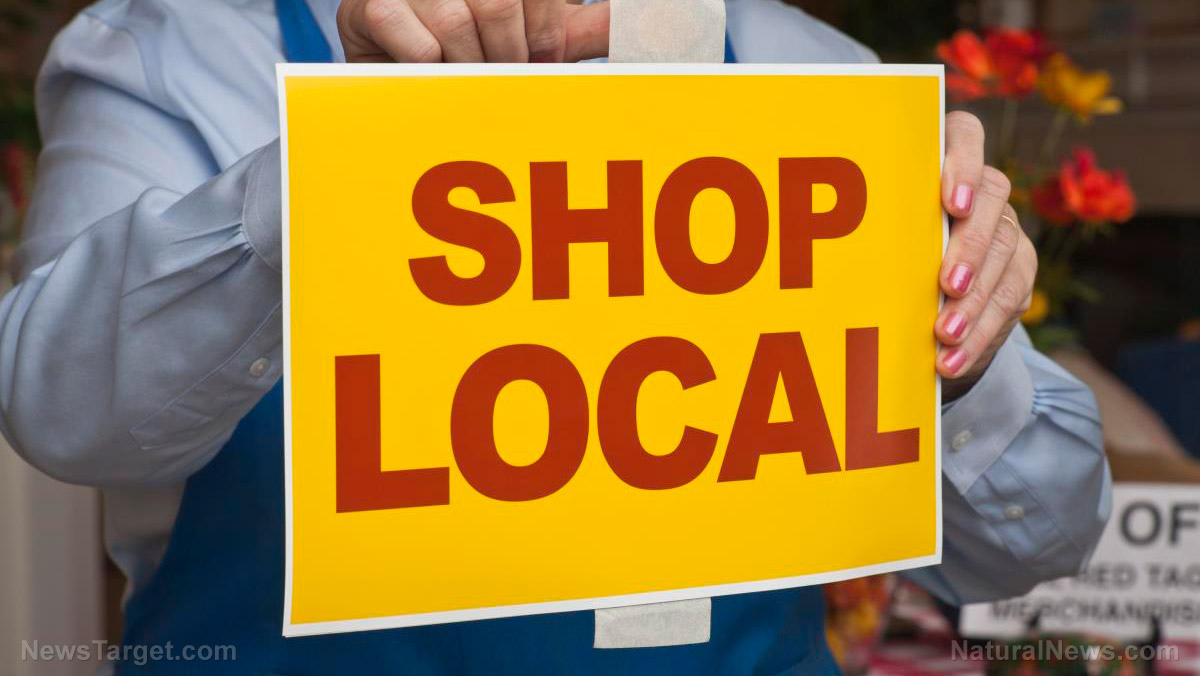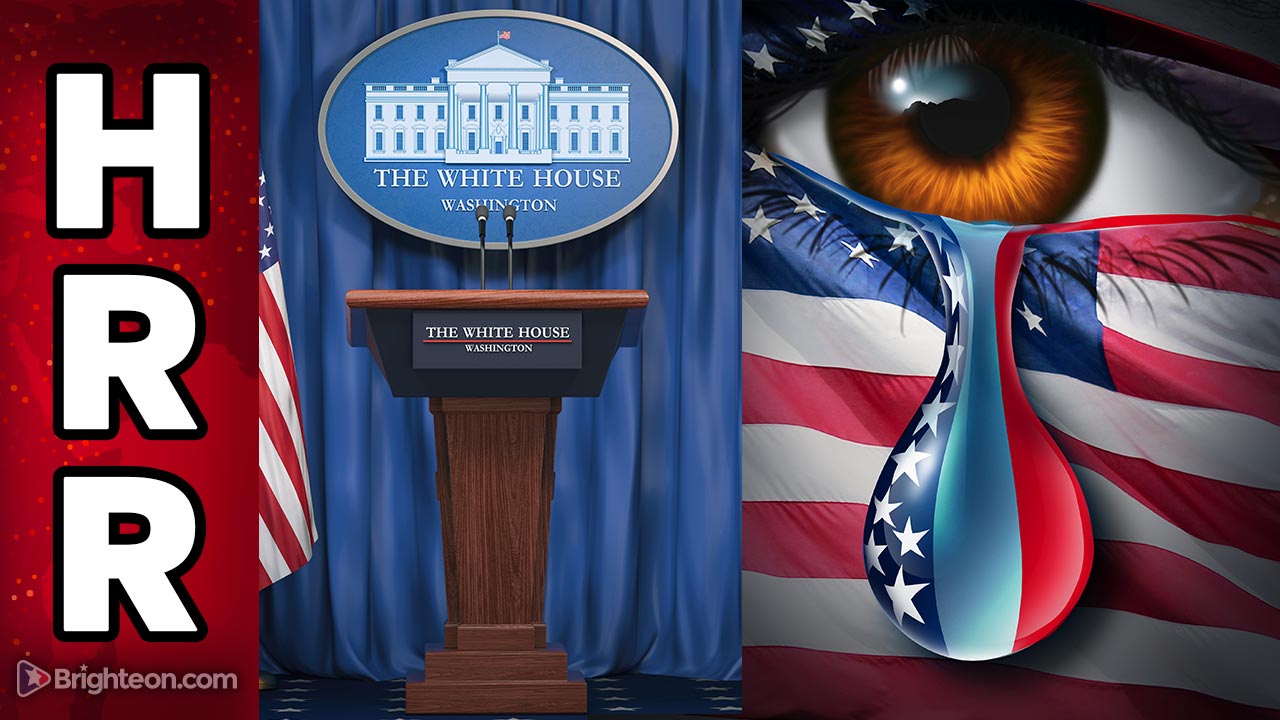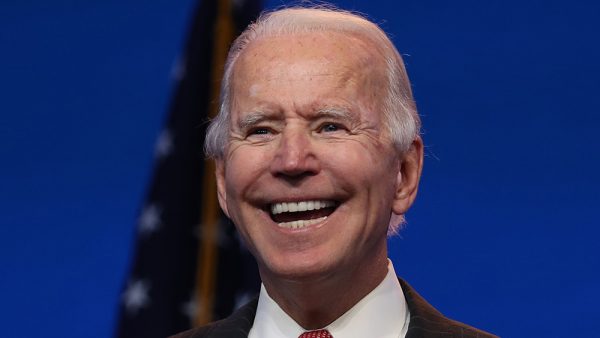More last-minute shoppers are heading to local shops as supply chain problems continue
Supply chain woes are driving many Americans to rediscover the joys of shopping local, particularly in smaller stores. Throughout the country, local shops are reporting more in-store traffic for last-minute shopping as many people find the items they seek are out of stock at big-box retailers and online or will arrive too late for the holidays. Some shoppers have also expressed a desire to support their community and help out local shops that suffered during COVID-19.
In Birmingham, Alabama, local businesses say they started ordering early this year in anticipation of supply chain issues, with some starting to stock up back in July.
Local station WBRC reports that holiday shopping is expected to be up by around 10 percent this year from last year, according to the Alabama Retail Association.
One last-minute shopper told the station that shopping in person is part of the charm of the season: “At least take half a day and get out in the flurry of what makes Christmas fun. You don’t get the experience when you are online ordering, but when you are out in the cold weather and you are finding things that are fun for people, you get the Christmas spirit.”
Many people are enjoying the experience after buying so many things online for so long, particularly during the height of the pandemic when shopping in stores felt too risky or the stores were closed down entirely.
Others have cited the hassles of online shopping as being the driving force behind the newfound appreciation for shopping local. Some have said that the nervousness of not knowing if their items will arrive on time and the inconvenience of lost packages are too much, while others have said they appreciate the uniqueness of the items that can be found in local shops compared to many of the cookie-cutter items you find at the big stores, both in person and online.
Some of the items that have been out of stock throughout the country include certain popular toys, holiday decorations, Sony’s PlayStation 5 console, and women’s shoes.
Despite the influx of people eschewing online shopping in favor of their local stores, shopping in stores on the last Saturday before Christmas this year was nevertheless
26 percent down from pre-pandemic levels, due largely to a lack of foreign tourists and another wave of Covid cases in some major cities. The day, which is known as Super Saturday, is considered the second-busiest shopping day of the Christmas season behind Black Friday. However, Sensormatic reports that year-over-year store traffic climbed 19.4 percent. Shoppers have also been preferring open-air shopping centers over enclosed malls, according to retail experts.
Supply chain problems, inflation persist
Meanwhile, port bottlenecks continue, with ships filled up with boxes containing all manner of goods and leaving store shelves empty during the holiday season. Some experts have estimated that
the port backlog could last until the middle of next year. In October, a backlog of 157 shops in Los Angeles set a new record.
The backlog and supply chain problems come at a time when inflation is soaring. In November, Americans paid more for nearly every type of good and expense, from groceries and gas to cars. The consumer price index, meanwhile, rose 6.8 percent last month over a year ago, according to a report that was released recently by the Labor Department. The index measures goods ranging from rent and groceries to healthcare and gas.
And while some Americans may be earning more than they did before, inflation is eating away at those gains. The Brookings Institution found that
rising inflation has erased at least half the average wage gains for America’s frontline workers at 13 of the biggest grocery, fast food and retail companies in the nation.
A Fox Business poll found that just 38 percent of voters approve of the way
President Biden is handling the economy, while 59 percent disapprove.
Sources for this article include:
WBRC.com
WPTV.com
FoxBusiness.com
CNBC.com
 Parler
Parler Gab
Gab





